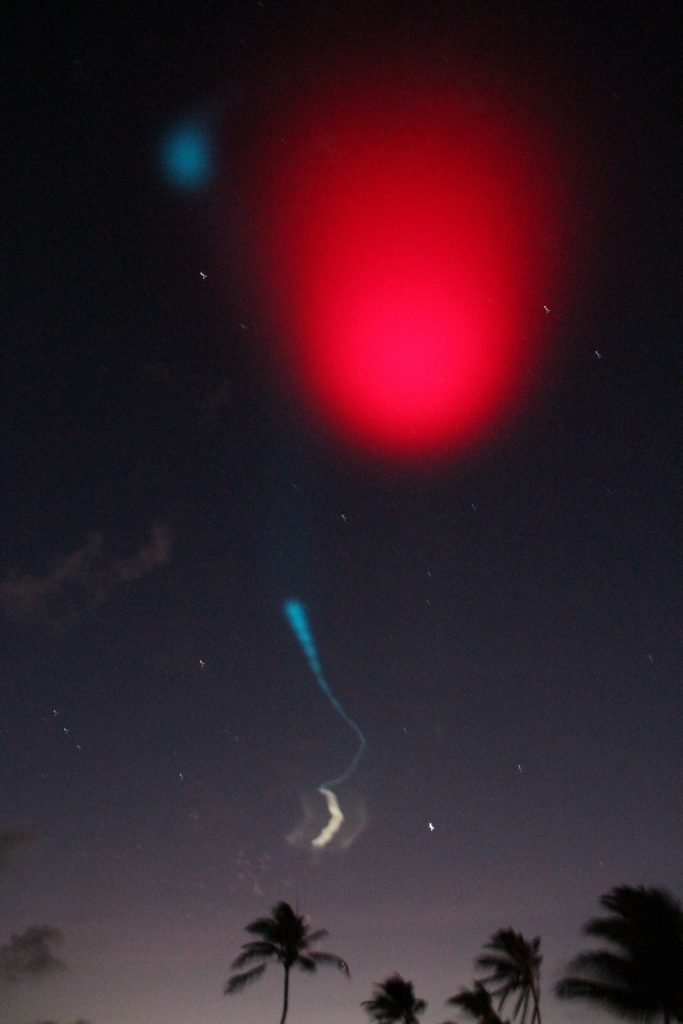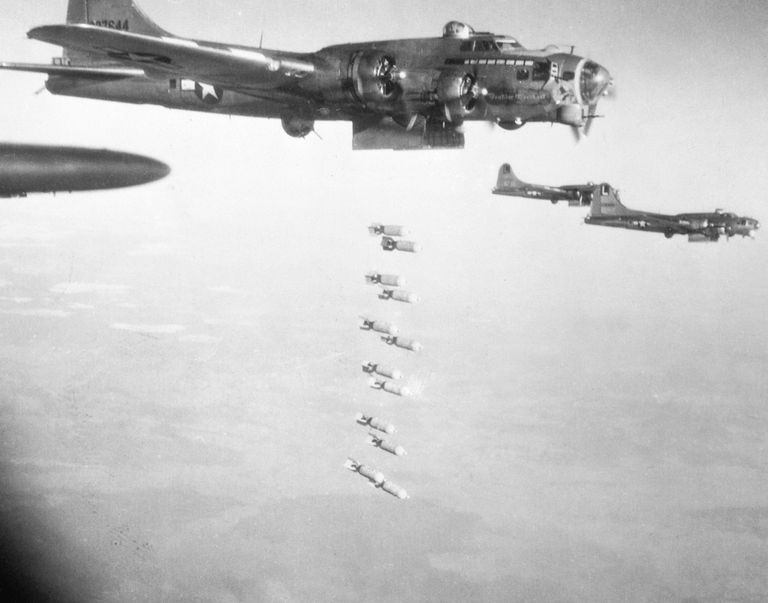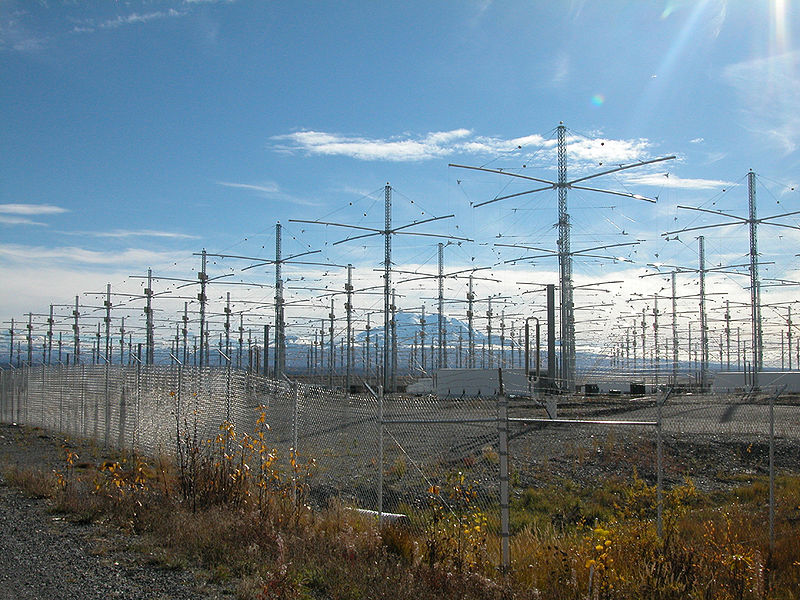
The gas mixtures from NASA’s ionospheric experiment cause parts of the night sky to glow blue and green. (Photo: NASA)
Many thanks to SWLing Post contributor, Ed, who writes:
It might be interesting if you invited SWLing Post readers today see how NASA’s ionospheric experiment tonight (shortly after 9:00PM ET) affects RF propagation along the east coast:
http://www.smithsonianmag.com/smart-news/nasa-will-make-colorful-clouds-near-sunset-tonight-180963652/
I searched online to find any reference to this long series of NASA experiments affecting RF propagation, and found this 1980 paper:
https://ntrs.nasa.gov/archive/nasa/casi.ntrs.nasa.gov/19810005401.pdf
…which contains this paragraph:
Ionospheric Modifications
The objectives motivating various experiments based on either decreasing or increasing the ambient plasma density by means of a chemical release include: (a) obtaining measurements of the rate of refilling after creation of a plasma depletion “hole” as a means of studying ambient ionization processes, (b) studying the magnetic field aligned propagation of VLF waves by creating a propagation duct, (c) simulating the formation and movement of the natural depletion “bubbles” which occur over the magnetic equator, (d) investigations of reaction rates, recombination coefficients, airglow production, etc., and (e) creating the conditions for inducing selected plasma instabilities to produce ionospheric irregularities and spread-F conditions. The science objectives in these experiments have a direct bearing on communication problems. Other forms of ionospheric modification are directed toward studying ionospheric/magnetospheric coupling and testing plasma theories.
So it might be fun to crowdsource from the SWL community to see if we can detect any propagation anomalies Tuesday night during this brief experiment. It’s unfortunate there’s not more time to coordinate different listeners monitoring different assigned frequencies. This reminds me of participating in ANARC’s “Woodpecker Project” in 1985 with 95 other SWL’s in 18 countries to determine the interference effects on HF broadcast from the Soviet Union’s use of Over-The-Horizon (OTH) radar in the HF bands.
I wonder how many SWL’ing Post readers participated in The Woodpecker Project and still have the nice “No Woodpeckers” tee shirt they earned for submitting their findings, which were combined into a final report that condemned the Soviets for causing interference on the HF bands.
Thanks for the tip, Ed! According to the linked article, the experiment will take place this evening, “soon after nine o’clock eastern time” (or 01:00 UTC).
This would be a great time to do an SDR wideband spectrum recording since you could possibly see any propagation effects on the waterfall display and play the event over multiple times. I’ve no clue if this experiment would yield any discernable results on HF, but it would be fun trying to detect it nonetheless.
Please comment if you plan to check out the experiment and/or if you were a participant in the Woodpecker Project!



